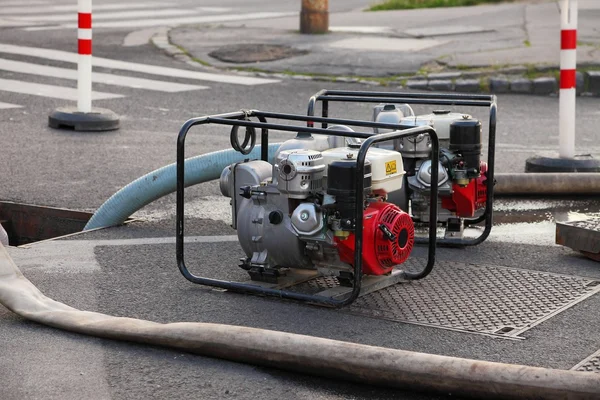What Are The Basic Principles Of Marine Salvage

Salvage refers to the act of rescuing or saving property in harm or danger. In the maritime industry, salvage refers to a very significant and integral role. Going as far back as the 15th century, sea vessels such as ships have always been salvaged after sinking or any other calamity at sea. As such, in the maritime industry, salvage also includes saving anything found on a ship at sea. Of course, for the salvaging process to begin, the ship should no longer be able to sail but should not have been condemned yet.
Maritime law regulating salvage has been around for many centuries. It dictates the legal intricacies involved in this field. Keep in mind that underwater wrecks are quite treacherous. Also, getting the right professionals to look through remains for valuable items can be quite challenging. Most ship operators and owners have a very small team that handles everything related to salvage. However, for large sea vessels, it’s prudent to hire a large number of people for the job.
In these situations, there should be an ample reward given to people who manage to salvage items from the ship. That’s where maritime salvage comes in. Maritime salvage can be quite tricky, that’s why it can only be done by a few people. It is a highly complex legal issue and has ramifications. Whether you are doing anything for a ship operator or are a third-party contractor, there are clauses in place that might be confusing. As such, you need to have a proper understanding of the legal concepts, terms and concepts associated with maritime salvage.
You need to know and understand the various types of maritime salvage requirements and every aspect associated with them. Maritime salvage doesn’t have a single framework governing all sea vessels and their locations. Rather, it is a broad term that governs various categories. For instance, there are offshore salvages that involve bringing up a vessel or property on a sea vessel from an offshore location. It refers to any body of water without a coastline preferably extending beyond a nation’s territorial waters. In this instance, the environmental and operating conditions are quite harsh due to the unsheltered nature of the salvage.
On the other hand, if a ship has sunk or suffered damage near a harbor or port, it needs to be salvaged. Such wreckage would blockade the port for a long time creating a backlog of vessels and economic loss. As such, time is important and everything should be done carefully to avoid damaging the port facilities as they salvage the vessel. However, this is easier than offshore salvages since the facilities are readily available due to the proximity of land or the nearby yards.
Of course, each location should be handled differently so that there is a highly successful salvage by reducing overall costs to the owner. The salvage team should adopt different strategies and techniques depending on the type of conditions expected in the situation. In conclusion, maritime salvage can be quite exhaustive and covers various terms depending on the situation at hand.






